How hard is poker — really? Is poker hard to learn? If you’re a newcomer to the game asking this question, you’ve come to the right place.
The author specialise in teaching beginners to play Texas Hold’em, the world’s most popular poker game. Her credentials include:
- Designing the curriculum for Poker Power, an organisation that has taught thousands of women how to play poker.
- Teaching poker as a continuing education class for Santa Monica College.
- Authoring the book A Girl’s Guide to Poker for beginners to intermediates.
- Writing countless poker strategy articles for casino news outlets.
The author Amanda Botfeld’s bread and butter is not just playing poker but teaching it.
Is Learning Poker Hard? No, If You Master These Two Things
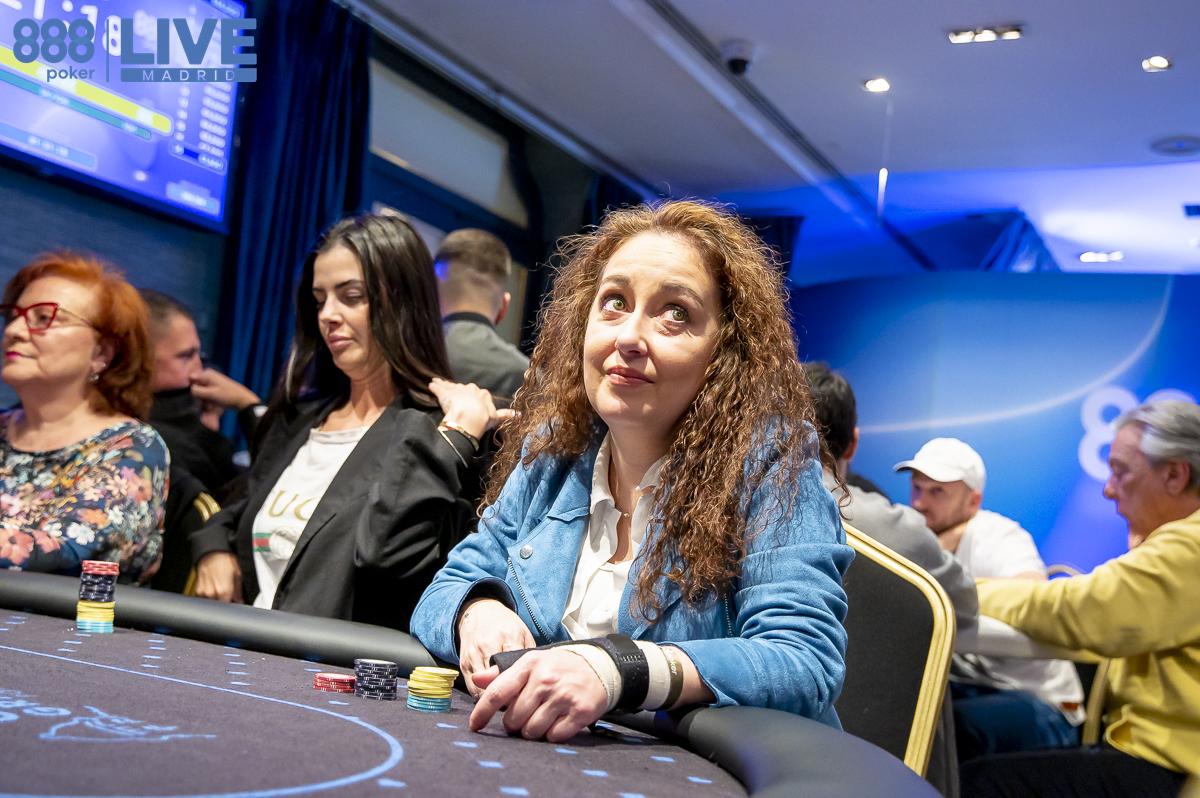
When you’re new to the game, poker can be very disorienting. Think of it like learning how to drive a car. At first, it’s dizzying and overwhelming — there’s so much to keep track of! But with time, you click into autopilot. Pretty soon, you’re driving while chewing gum and listening to the radio.
Poker is the same way. Eventually, the more trivial decisions become automatic.
Yet some people spend their entire poker lifetime feeling like they’re driving a stick shift. It stays permanently difficult. Why is this?
Learning poker is hard when you miss two critical concepts:
- Telling a story — turning your bets and bluffs into a cohesive narrative.
- Preflop hand selection — picking the right cards to play before the flop.
If you can master these, the rest should flow smoothly. Otherwise, poker will continue to feel confusing.
Bottom Line: Is poker hard to learn? No, if you can master preflop card selection and learn how to tell a story with your bets.
1). Poker as Storytelling
Let’s start with not what to do in poker but rather how to think about poker.
Every chip you place in the pot tells a story.
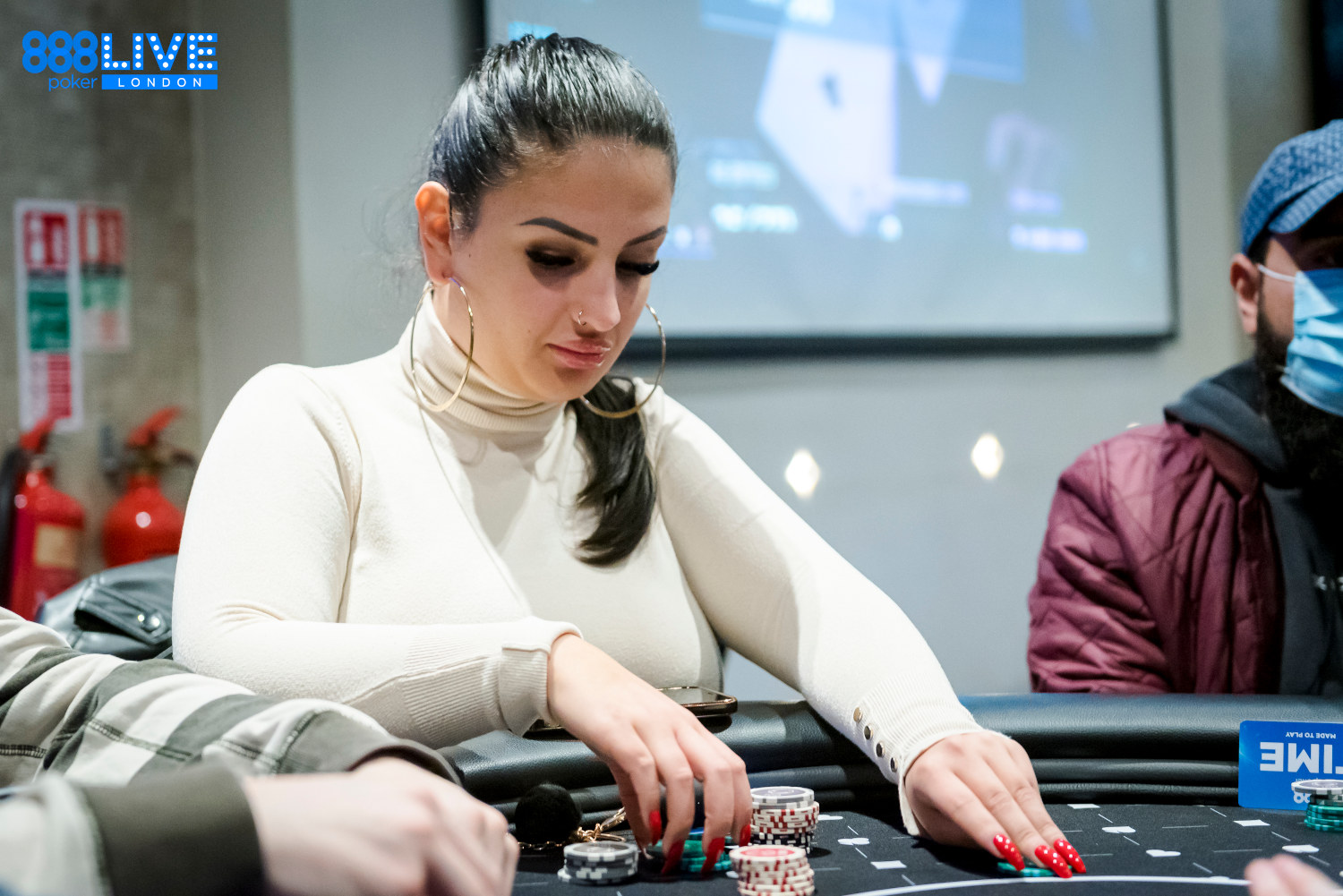
- Do you bet a small amount?
That tells the story you don’t feel especially confident in your hand.
- Do you bet a large amount?
Now you’re telling the story that you’re excited about your poker hand and likely have very good cards.
Too often, beginners complain that poker feels “random” and “all over the place.” If this sounds like you, breathe! Instead of getting hung up on making perfect decisions per pot sizes, stack sizes, and so on, ask yourself your reason for betting.
- Why are you doing what you’re doing?
- What story are you telling your opponents?
Perhaps you even want to trick the competition into believing you have a weak hand. Would you bet a lot or a little? Probably a little — that tells the story you aren’t too invested in your cards.
A common amateur complaint is that their bluffs don’t work. Yet they often bet only a small amount. No wonder their opponents weren’t convinced!
Don’t overlook or gloss over this lesson—poker storytelling is crucial. In fact, it even becomes an expectation.
For example, there is a gameplay manoeuvre called the poker term. c-bet.
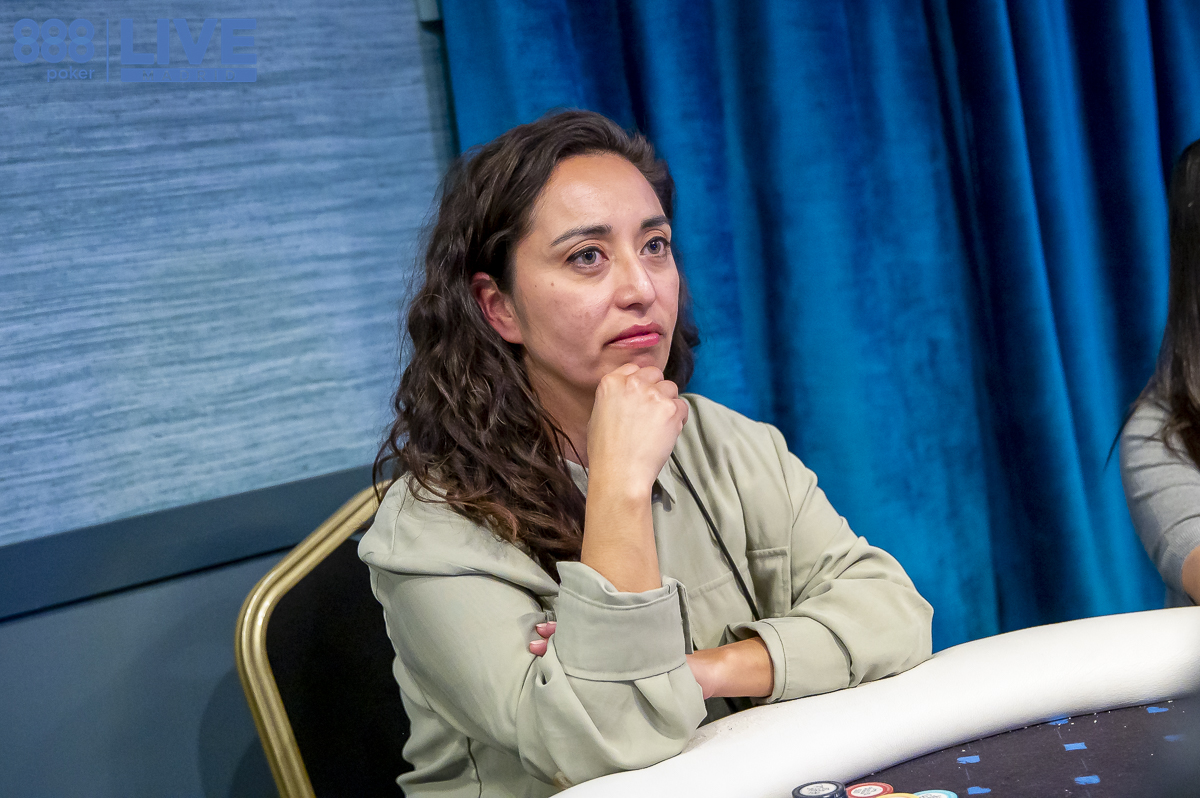
When you raise preflop, you already tell the story that you have a good hand. People expect you to continue with that story by betting again postflop.
If you were the preflop raiser, betting after the flop is a continuation bet or c-bet.
A c-bet is a story continuation bet. Whether you have a good hand on the flop is irrelevant.
It’s not about the cards you have; it’s about the cards your opponents think you have.
Here it is in practice:
- You raise 9♥-8♥.
- Flop is A♥-K♣-6♦.
If you c-bet this flop on this poker board as a bluff, it’s likely going to work. People will plausibly believe you have an ace or king because you raised preflop.
In the previous round, you’re telling the story of having premium cards.
Opponents may fold a better hand than yours, such as 10♠-10♣ because your story of hitting a bigger pair adds up.
Poker becomes easy when you can start developing a straightforward narrative.
2). How Hard is Poker Card Selection
Learning which hands to play is easy. The discipline to stick to it is hard.
Newsflash: Professional poker players fold 80% of their hands—before the flop!
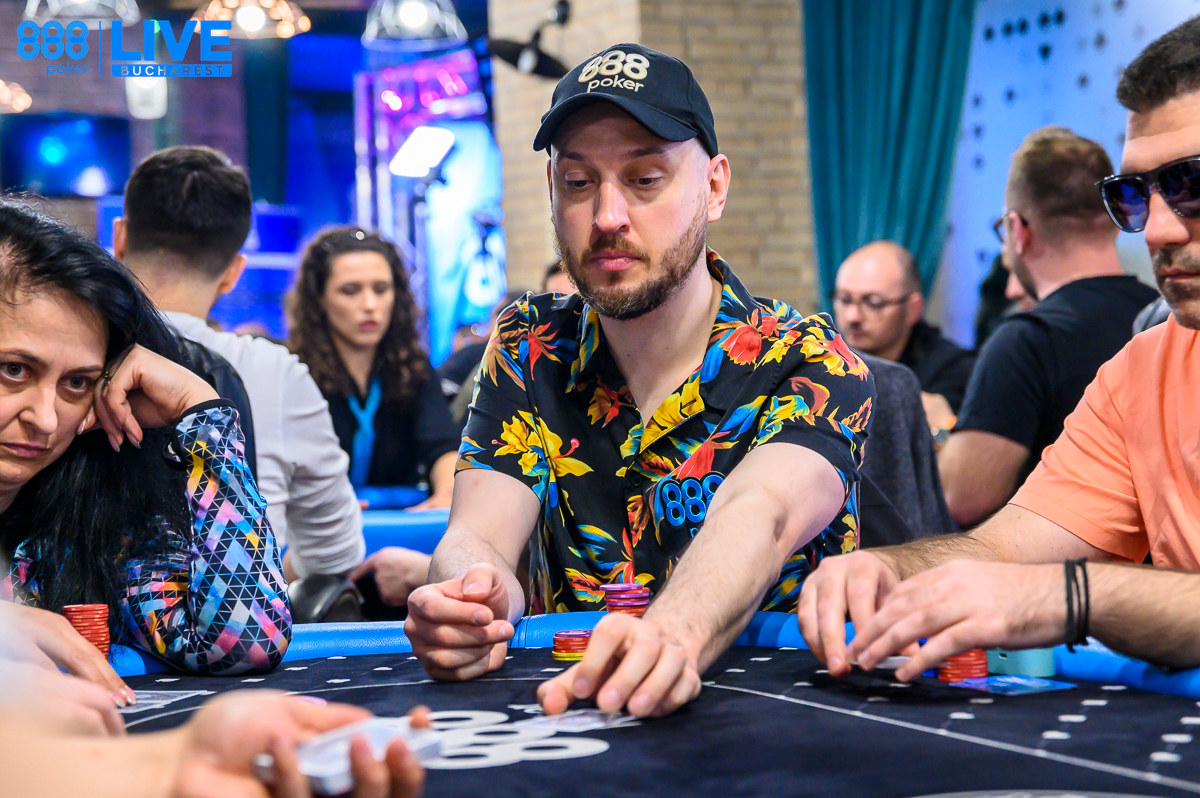
Much of playing good — “tight” — poker involves a tremendous amount of folding.
Mentally, this can be quite draining for players. Especially if you don’t get the chance to play poker often, it’s frustrating to have to fold constantly. Get used to it! The fastest and most effective way to beat your opponents is simply by playing better cards than them.
This strategy will turn the maths in your favour.
For example, let’s say your opponent is under the false impression that any hand with an ace is good and worth playing (not true, by the way).
- So, they play an ace with a little card, such as A♣3♦.
- You’re holding A♥K♦.
- Your likelihood of winning is going to be upwards of 70%!
Now the maths is in your favour.
And instead of your opponent folding a raggedy ace, they walked right into a situation where their hand is “dominated”. Thus, their best chance of winning is by getting lucky. That’s what we call gambling —- it’s not profitable over time.
How hard is poker? It becomes easy when you can frequently put yourself in situations with statistically better hands than your opponents.
That’s why preflop hand selection is so crucial. You can tilt the odds in your favour by being picky with your cards.
How Much of a Factor Is Variance
Keep in mind that 70% is not 100% — you will still get unlucky from time to time. That’s what we call poker variance.
You want to incorporate preflop strategies that reduce risk.
Make sure you are choosing better starting hands than your opponents. We don’t want to play hands with marginal edges—we want to play hands with BIG edges.
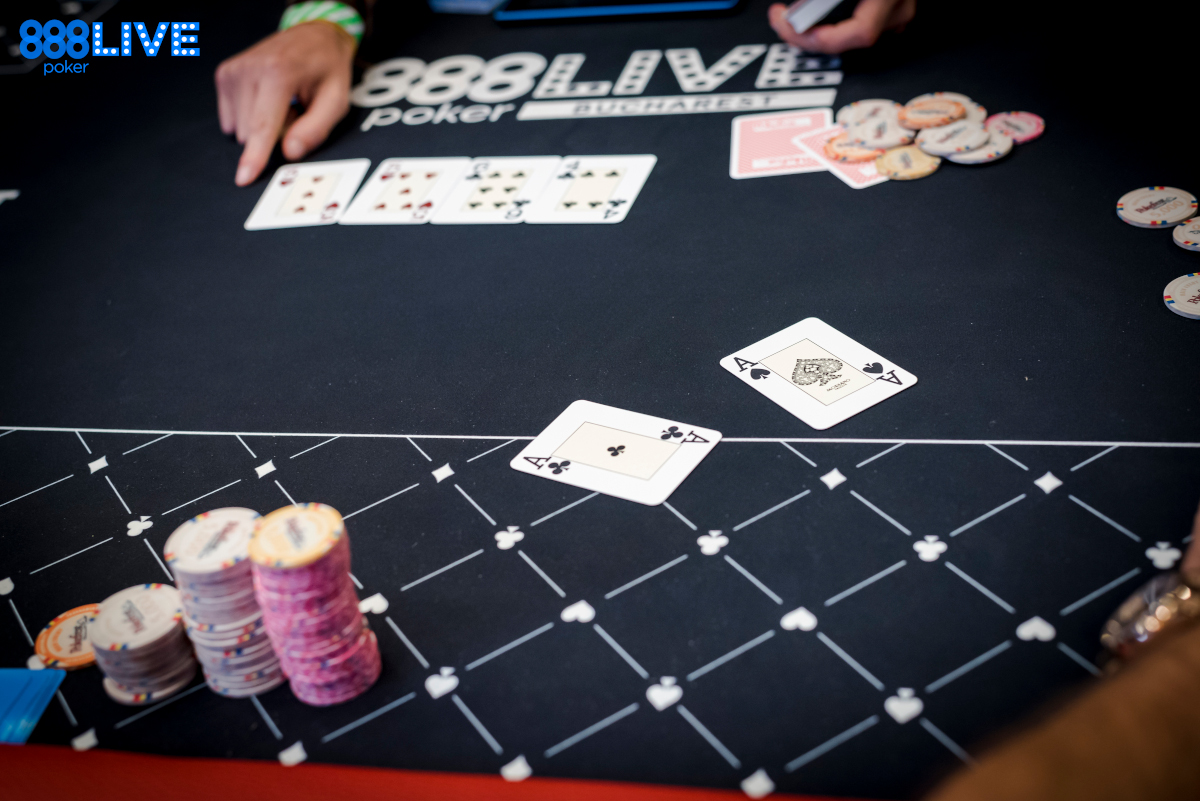
As explained in this article on how to learn poker FAST, start with these strategies for choosing the best cards to play:
LEVEL #1: Fold if either of your cards are lower than 10.
Only play hands like AA, AQ, KJ, QT, JT, etc. DO NOT play hands where one card is 10+ and the other is lower — like A9. That’s a fold.
It’s a painfully tight range of cards, but “only cards TEN and higher” is a beginner’s trick from professional poker legend Daniel Negreanu. It is the most straightforward guide you can ask for.
It may feel boring constantly folding, but it will prevent you from developing bad habits playing junky cards. Also, if you practise poker online, you can load up multiple poker tables at once, making you more likely to be dealt a playable hand.
It’s better to play more tables cautiously than one table impatiently.
LEVEL #2: The next level-up is to ONLY play cards that fall into one of these three categories. Otherwise, fold.
- BOTH cards 10+: Same as Level #1. Play your hand if both cards are TEN or higher.
- Pairs: Play your hand if you are dealt two of the same card. Like a pair of tens or a pair of threes.
- Suited Connectors: You can play number cards only if they are the same suit AND consecutive. Examples would be hands like a five and a six of diamonds of an eight and a nine of spades. What about an eight and a nine of different suits? Absolutely not. Chuck that into the trash. Fold unless they meet both criteria.
LEVEL #3: The most advanced level includes studying poker preflop charts
These charts specify which cards to play at different seats in the table (“positions”).
This form is the ultimate poker cheat sheet. Like the author, you could go from a total beginner to winning her first poker tournament in a few months simply by memorising a preflop RFI chart.
| NOTE: You may find that your friends and other players think you’re crazy for being so strict with which hands to play. Let them think that. You don’t just want to learn how to play poker… you want to learn how to play winning poker! |
Is Learning Poker Hard — Conclusion
Poker does not need to be disorienting. Granted, it can be easy, fun, and profitable — when you set the right foundation. Consciousness of why you’re doing what you’re doing through storytelling will ground your game and clarify your decisions.
A tight preflop strategy will give you a mathematical edge.
Together, these strategies will make you a force to be reckoned with!


